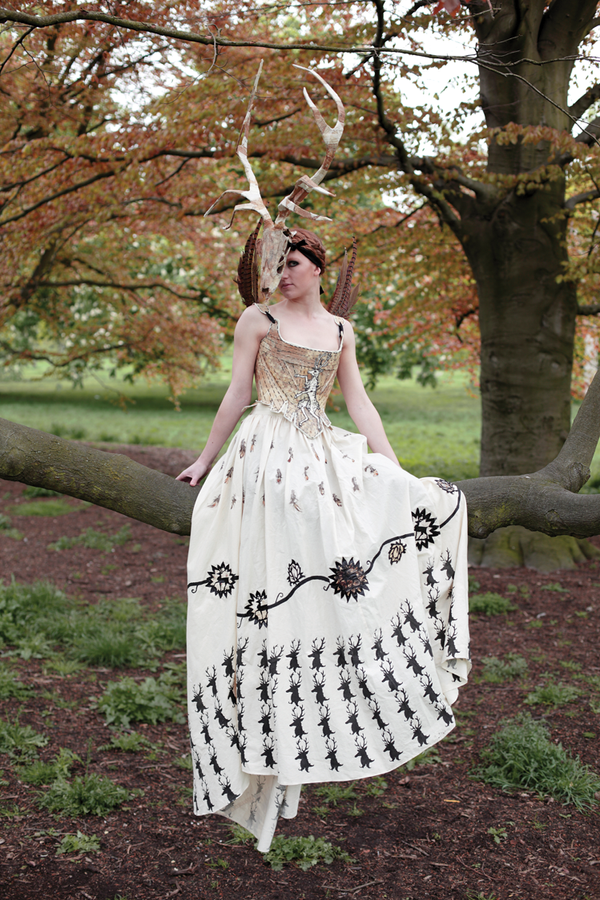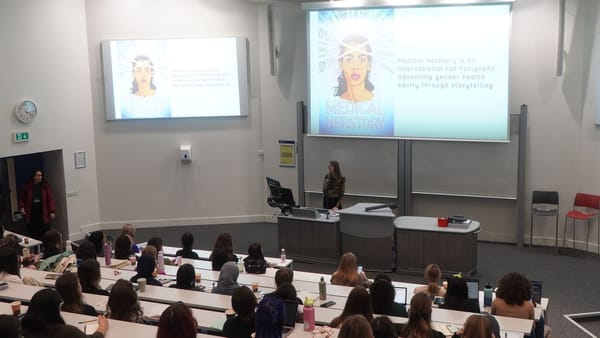Brief History of Phoenix
Brief History of P h o e n i x

In the 125 years since its inception Phoenix has changed its name, format and remit. In fact, in almost every way this issue would be completely alien (aliens being something of a preoccupation) to the man who founded the magazine in 1887. However it is just possible to trace a thread of continuity all the way back to the great founder himself, Herbert G. Wells.
The Science Schools Journal was started as a literary review. Wells was never awarded his geology degree by the Royal College of Science and it is suspected that the time Wells dedicated to the new periodical might have been symptomatic of his reported lack of interest in his studies. He was certainly dedicated to maintaining a high standard in the magazine. Early issues contain essays on the classics, discussions of oriental customs and the newly developed periodic table. The pages of older issues also revived a radical streak with progressive articles on women’s rights long before such views were mainstream.
Slowly the remit of the magazine expanded to cover campus events, society reports and general gossip. After the foundation of Felix in 1949 however Phoenix retired from campus reporting and consolidated its strength in showcasing student generated art and literary content. This is broadly the form that has remained ever since.
The magazine has seen numerous breaks throughout its long history. Notably during both of the World Wars where a large proportion of staff and students were called into service. In a haunting editorial in 1915 A. E. Hall writes that “War rules the whole world”. He noted with a pregnant ‘yet’ that “The thunder of guns has not yet reached South Kensington” going on to proclaim “Our country first - and then back to college”. The regular obituaries in the issues that follow give a harrowing impression of the impact of war on the college.
Other setbacks have plagued the magazine over the years. Often editors commented on the difficulties they experienced encouraging submissions and the attitudes they faced. Editor Ashafaq Quereshi commented in 1961: “Anyone who has the slightest association with it [Phoenix] is at once branded a no good intellectual...What we are up against is not just lethargy of lack of time. It goes deeper than that”.
The magazine also suffered some appalling reviews , described in 1920 by the Educational Times as “a student’s magazine, about as vapid as it is vulgar.” This forced Wells - then in his 50s - to intervene in an editorial. Far from supporting the magazine he decried the standard of content and stopped only just short of apologising for having created it in the first place.
Broadly speaking however Phoenix can be said to have served the students of Imperial College dutifully and diligently since before the institution technically existed. Having failed, been written off then reborn scores of time, it has certainly earned the reputation and perhaps some of the mythological status of its namesake. All the indications point to a future just as rocky and prestigious as its past.







